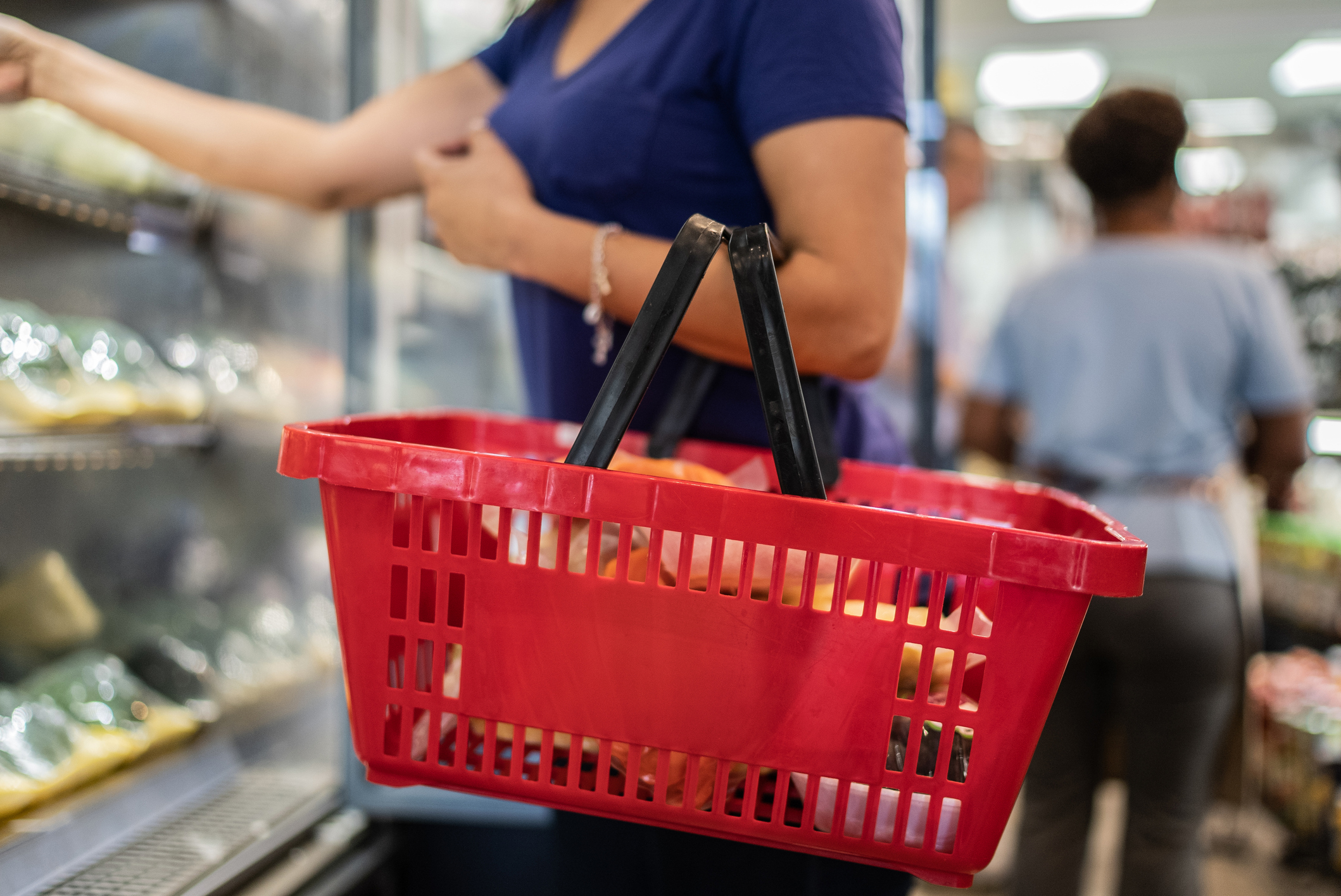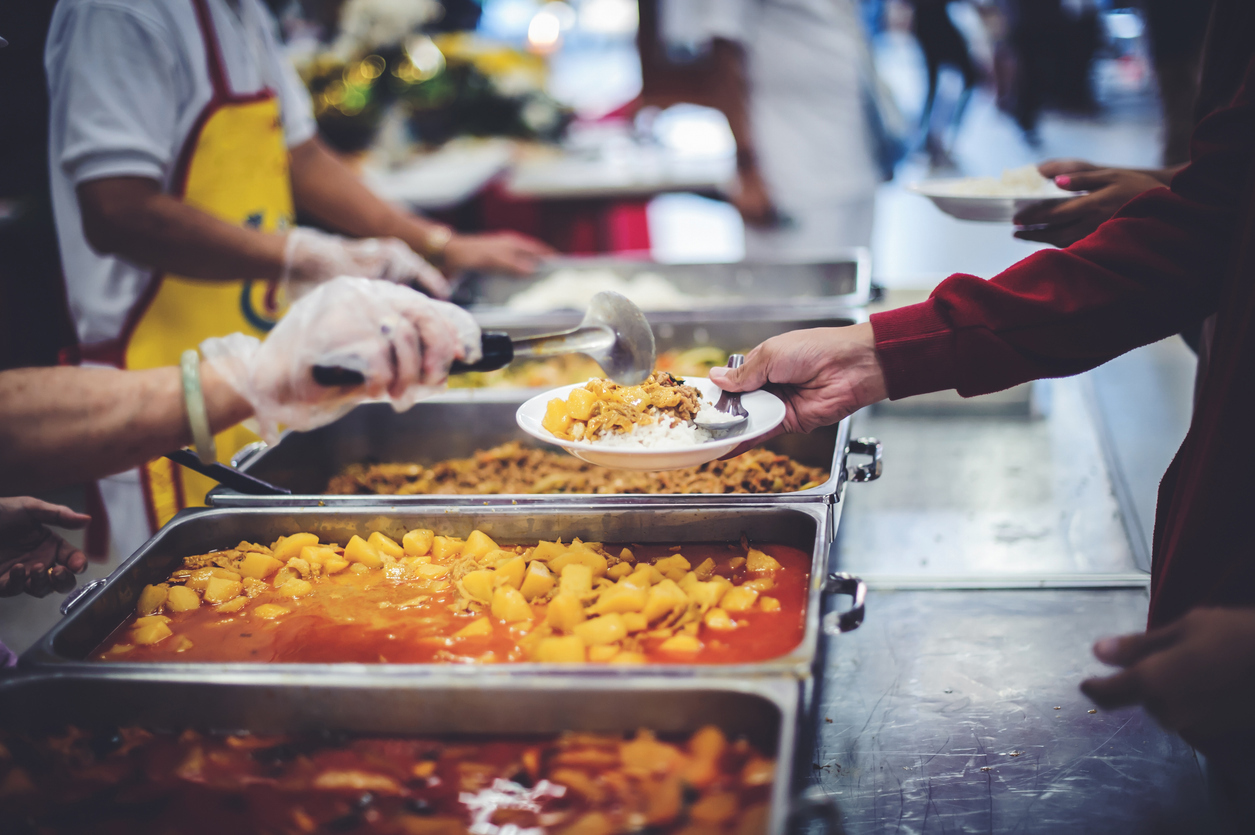Almost half of low-income households are struggling to put food on the table, grim new findings from Australia's biggest food charity have revealed.
The Foodbank Hunger Report 2024 out today found that almost one in three Australian households (3.4 million) are experiencing food insecurity.
Of these, two million are experiencing "severe" food insecurity, meaning that family members are regularly skip meals or even go whole days without eating.
READ MORE: Cash advocate's warning as ban on debit card surcharges looms
The report surveys more than 4000 Australians online annually as well as using data from the thousands of charities Foodbank supplies with meals and groceries each year.
Overall, food insecurity has decreased slightly from last year's report, when 3.7 million households were experiencing food insecurity.
However, the situation amongst low-income earners has hit new record highs.
For those earning less than $30,000 a year, 48 per cent are experiencing food insecurity – up five per cent from two years ago.
More than a third (34 per cent) this is "severe".
Almost all of this most severely affected group (97 per cent) worried about food running out before they had money to buy more, and for 79 per cent this had become a reality.
Half of the adults in these households went entire days without food, with parents often reporting going hungry to ensure their children are fed.
"We are fast heading towards a reality where more than half the population will know what food insecurity is because they are experiencing it themselves," Foodbank Australia CEO Brianna Casey said of the report's findings.
The situation has also become particularly dire for single parents, with 69 per cent experiencing food insecurity.
"The current cost of living has severely impacted me as a single mother who works full time but does not receive any child support from my former partner," one single mother who was surveyed wrote.
READ MORE: Win for tenants as NSW caps rental increases
"One income only is no longer affordable since COVID for a single-parent family to live off with the increased fuel, energy, insurance, rent, food and daily cost of living expenses. I often go without food and necessities to make sure my children don't."
With rental hikes and mortgage increases squeezing more and more Australian families, even high-income earners are having to forgo meals to make their dollars stretch.
The report found that more than one in five (21 per cent) households earning over $95,000 a year were experiencing food insecurity, with one in ten skipping meals or whole days of eating.
Casey said this group tended to be the most reluctant to ask for help, despite how urgently they need food relief.
"It's clear the cost-of-living crisis is exacerbating the challenges facing those in vulnerable circumstances, and forcing people to make compromises on what, and when they are eating."





